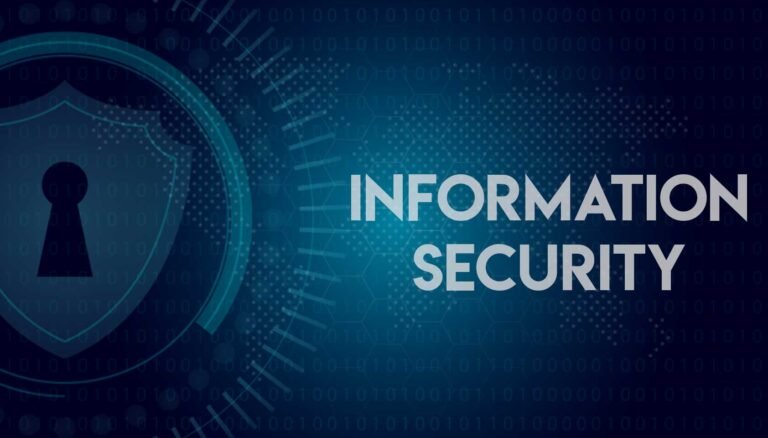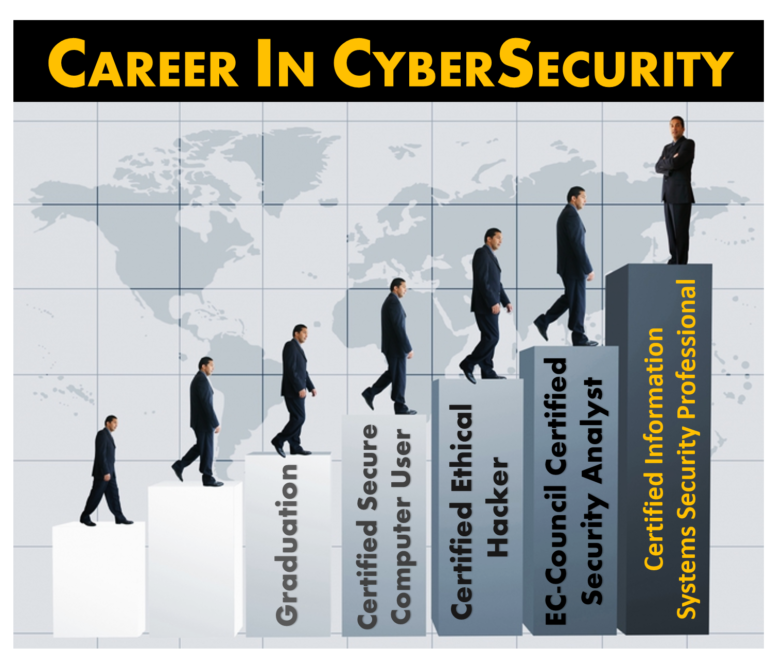How to Make Your Cybersecurity Engineer Dreams a Reality2024.
Have you ever imagined being a top cybersecurity engineer? Stopping hackers, protecting the world from cyber-attacks, and looking cool while doing it? Okay, the “cool” part depends on your love of hoodies and coffee. But being a cybersecurity engineer is no joke. It’s one of the most important and fast-growing careers out there today.
Now, how do you become one? It might seem complicated, but let’s break it down into manageable steps.
Table of Contents
ToggleUnderstand What Cyber security Is
Before diving in, you need to know what cyber security involves. Think of cyber security as the digital equal of home security. But here’s the catch: hackers are smart. They evolve, and so do their methods. So, to fight them, you need to be smarter and stay on your toes!

Education: Get the Basics Down
Let’s be real: nobody is born knowing how to hack-proof a computer. You’re going to need some education, but don’t let that scare you off! Start by learning basic computer science concepts. If you’re in school or plan to go to college, a degree in computer science, IT, or a related field will help. It will give you a solid foundation.
If you’re already working, don’t worry. There are many online courses, boot camps, and certifications. They can help you get started without full-time school. Platforms like Courser, Eddy, and Demy have beginner courses in cyber security. Familiarize yourself with Python, Java, and C++. They’re your tools in this battle.
Get Certified, Become the Real Deal
Now, this is where things get serious. Certifications are the badges of honor in the cyber security world. They show that you know what you’re talking about. Some of the key certifications you should consider are:
Comitial Security+: This is a great starting point and gives you an overview of security concepts.
Certified Ethical Hacker (CEH): Yes, ethical hacking is a real thing. This cert shows you can think like a hacker to stop them. Don’t rush it, though. Each certification requires dedication, study, and practice. It might feel like a lot, but think of it as earning your black belt in cyber security!
Hands-On Practice
If reading about cybersecurity could make you a pro, we’d all be geniuses by now. The truth is, you need to practice. Set up your home lab using free tools like Virtual Box or VMware and run some test environments. You can attempt to “break into” systems ethically and then determine how to defend them. Another great way to practice is through “Capture the Flag” (CTF) competitions. These are online challenges where you solve cybersecurity problems and earn points. It’s fun, you get to test your skills, and there’s always something new to learn.
Get Some Experience
Experience is golden. Look for internships, entry-level positions, or freelance gigs that involve IT security. Many companies seek fresh talent. Starting at the bottom lets you build your skills. You’ll learn how cybersecurity works in the real world. Remember, every big-shot cybersecurity engineer started with zero experience at one point. Don’t be afraid to start small. Start with IT or network management jobs. Next, shift your focus to security over time.
Stay Updated (The Hackers Are)

The world of cybersecurity undergoes frequent changes. Hackers are developing new techniques every day, and so are the good guys. You have to stay updated! Subscribe to cybersecurity blogs, follow experts on Twitter, attend webinars, and go to cybersecurity conferences (yes, they exist and can be pretty fun!). Join online communities like Edit’s cybersecurity subedits or participate in forums. They are full of advice, war stories, and updates on new vulnerabilities and defenses.
Never Stop Learning
If you’re thinking, “Oh, I’ll get a degree and a few certifications, and I’m set for life,” think again. In cyber security, the learning never stops. You have to make continuous improvements to your skills and adapt to new threats. One day you’re dealing with malware, and the next, it’s a phishing attack that looks *way* too convincing. If you love problem-solving and learning new things, though, this is more of a perk than a downside!
Be ethical (please).
Rank ethical behavior above all else. As a cybersecurity engineer, you’ll have access to sensitive data and systems. Use your powers for good, not evil. Trust and integrity are as important as technical skills in this field. So, unless you want to end up on the wrong side of the law (or worse, in a meme), stay on the right path.
Network with Others in the Field

No matter how much you know, it’s good to have people to talk to. You can ask those questions or share war stories. Networking is key. Join cybersecurity groups, attend meat us, or take part in online forums. LinkedIn is a great place to connect with other professionals in the industry. You never know. Your next job could come from a contact at a virtual conference or chatroom. A network of mentors, colleagues, and friends in cybersecurity can keep you motivated. Let’s face it. You’ll spend hours staring at code or logs some days. Talking to people who have been through it is a lifesaver.
Specialize in a Niche
Cyber security is a broad field. Once you know the basics, it’s good to specialize in an area that interests you. You could focus on areas like:
Network Security: Protecting data during transmission across networks.
Application Security: Securing software applications from vulnerabilities.
Cloud Security: With more companies moving to the cloud, this is a hot area for cybersecurity experts.
Incident Response: Jumping into action when there is a security breach.
Penetration Testing (Pretesting): A fancy term for ethical hacking. It means testing a company’s defenses by trying to breach them. Specializing makes you more valuable in the job market. Plus, when you’re passionate about a specific niche, it doesn’t even feel like work anymore (okay, maybe it does sometimes, but at least you’ll enjoy it!).
Build a Portfolio
If you’ve ever had a creative friend who builds portfolios of their work, well, guess what? You can do that too. Display your cybersecurity projects, certifications, and CTF write-ups. They can help you stand out to employers. Start a blog or a Godthaab repo to document your learning, projects, and experiences. It makes you look professional. It shows employers you’re serious about cybersecurity. Also, explaining complex ideas in simple terms on a blog helps you understand them better.
Apply for Jobs (with Confidence)

Okay, so now you have your education, certifications, and some experience. You also have a network of peers and a great portfolio. What’s next? Time to start applying for jobs! Remember, you don’t need to have 100% of the qualifications listed in a job description. Most employers know that you’re not going to tick every box, especially if you’re starting. So, if you meet 70% or more of the qualifications, go for it! Confidence goes a long way. Cybersecurity roles include “Security Analyst,” “Cybersecurity Engineer,” “Incident Responder,” and “Penetration Tester.” Entry-level jobs may be in IT or tech support. But don’t worry. That’s a stepping stone to where you want to be.
Don't Be Afraid to Make Mistakes
Let’s be honest, Cybersecurity is a tough field, and you’re going to make mistakes. Whether it’s overlooking vulnerability or misconfiguring a system, things happen. What’s important is that you learn from your mistakes. Everyone in this field, from junior analysts to top engineers, has had their share of “oops” moments. Don’t beat yourself up over it—figure out what went wrong and how to prevent it from happening again. In cyber security, every mistake is an opportunity to learn.
Conclusion
Cyber-attacks are now more frequent and severe. So, the demand for skilled cybersecurity engineers is soaring. Work hard, stay sharp, and be curious. Then, you can achieve your dream of being a cybersecurity engineer. Remember, it’s not about earning a paycheck—it’s about making the world a safer place. But hey, the paycheck isn’t bad either!








